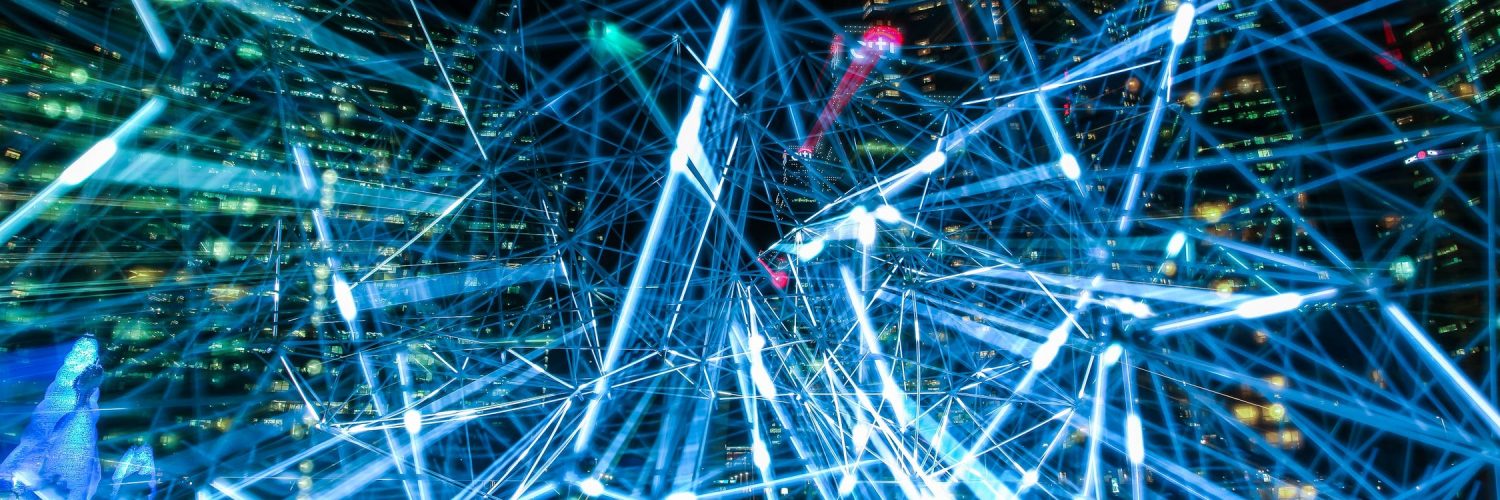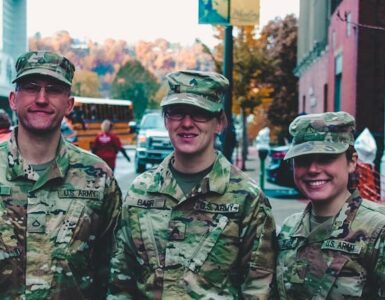A University of Arizona professor was awarded a $500,000 grant from the National Science Foundation to further his research on using quantum resources for covert operations.
With the funding, he hopes to take secret communications to the next level for use by the military and other organizations involved in national security.
Boulat Bash, assistant professor of electrical and computer engineering, Bash, also is recruiting undergraduate students to help.

Using quantum resources could provide an exponential boost in the amount of information that can be securely and reliably sent, said Bash, who specializes in covert communications.
He and his research team already have demonstrated how using quantum resources can substantially increase the limit on information that can be sent reliably over a covert channel.
With the foundation grant, the focus will now be on sensing to improve covert messaging and detection.
Going up against adversaries with quantum resources
The project is investigating how quantum resources can be used to improve covert communications as well as how communicating parties can maintain security when an adversary has quantum resources.
Tasks like sensing, communicating and computing are often done via classical processes, which are accomplished using bits of information made up of 0s and 1s. Quantum processes use qubits, which can exist as 0s and 1s at the same time, making them very powerful. For example, in 2019, a quantum computer performed a calculation in just three minutes that would take 10,000 years for a classical computer to perform.

“Moving from square root law to the linear law increases the covert information throughput tremendously,” Bash said. “That has not been done for quantum at all, so we’re going to address that in this project.”
Quantum technology not perfected yet
Quantum technology is still in its early stages and cost effectiveness continues to be an issue. Quantum computers, quantum sensing devices, quantum memory and other quantum technologies often outperform traditional electronics in speed and performance but they are susceptible to errors and noise, Bash said.
Because of that, their classical counterparts often are seen as the easier and less costly choice.
“When you add quantum, you add complexity to a system,” he said. “You have to add all sorts of gizmos that are difficult to make and that cost money.”
Benefits of quantum “sweet spot”
A combination of both high noise and low transmitter power is very unusual, and difficult for any system to work in. But these are the conditions needed for covert operations.
This is where quantum has the most benefit, Bash said.
Radar systems operate in the realm where the noise and interference levels are high. However, classical radars also have high power levels, which they can use to push their transmissions through all the noise. Lidar, or laser-based, sensing systems, operate in the regime where the noise level is inherently low. Thus, classical lidar doesn’t need high power to overcome it.
“To operate covertly, you have to have high noise so that you can hide your probes somewhere, and you have to have low power for the probes, because of the code requirements,” Bash said. “That corresponds very directly to the sweet spot of where quantum has the most benefit.”
Recruiting Undergraduates
Bash anticipates that his research could lead to enormous advances in covert sensing. He also hopes to generate interest among the next generation of engineers through the Arizona Science Engineers and Math Scholars.
He will offer a series of workshops that focus on how quantum information science and technology can affect familiar systems, such as radar. He plans to recruit a handful of “quantum scholars” from the workshops each year to receive ongoing mentorship.
“The goal is to bring this information to students who might not think about this as being available to them, or as something they can succeed at,” Bash said. “I feel that if I get one person who otherwise would not be entering into the quantum field through this program, it would be a win.”
To learn more about the research opportunity, go to: Arizona Science and Engineers Math Scholars.
















Add comment